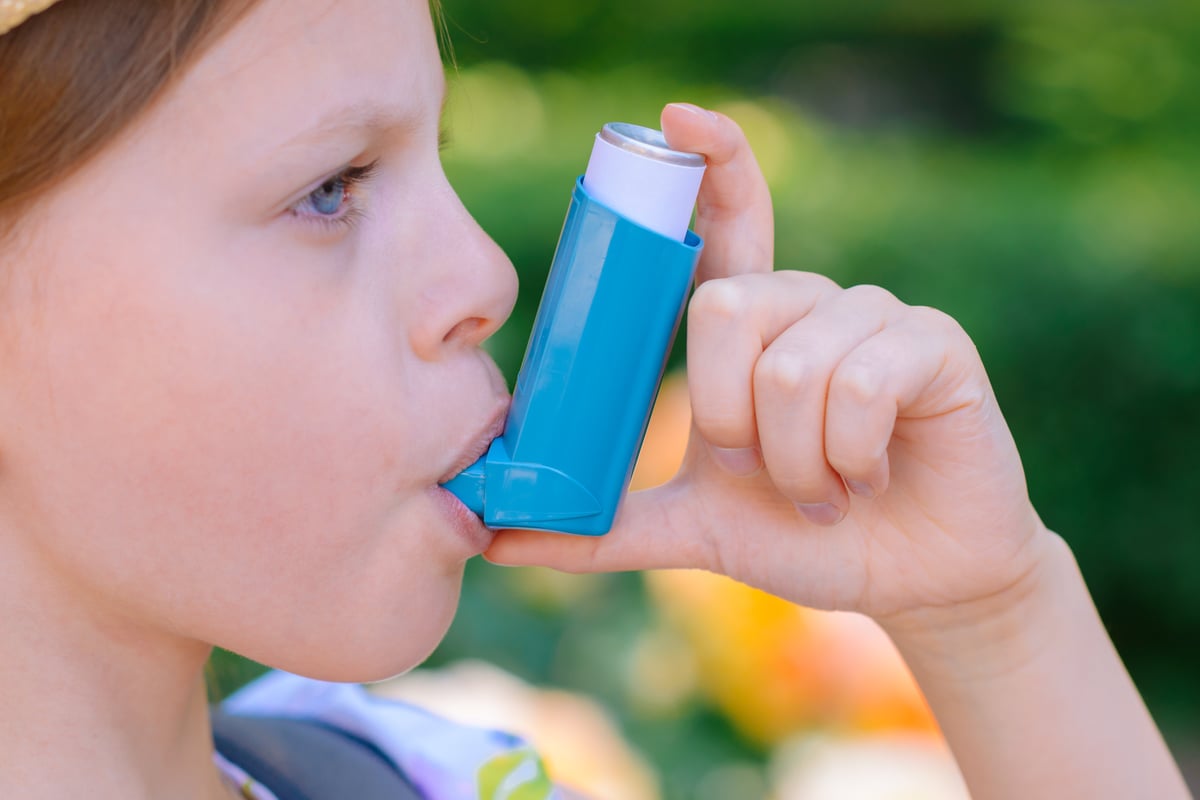Even Transient Food Allergy in Infancy Impacts Later Lung Function

WEDNESDAY, Aug. 2, 2023 (HealthDay News) -- Food allergy in infancy, whether it resolves or not, is associated with lung function deficits and asthma at age 6 years, according to a study published online July 25 in The Lancet Child & Adolescent Health.
Rachel L. Peters, Ph.D., from Murdoch Children's Research Institute in Parkville, Australia, and colleagues used data from 5,276 children aged 1 year who attended immunization sessions (Sept. 28, 2007, to Aug. 5, 2011). At 1 year of age, all children completed skin prick testing for four food allergens (egg, peanut, sesame, and either shrimp or cow's milk) and an oral food challenge (egg, peanut, and sesame). The analysis included 3,233 who also completed the health assessment at age 6 years.
The researchers found that food allergy, but not food-sensitized tolerance, at age 1 year was associated with reduced forced expiratory volume in one second (FEV1) and forced vital capacity (FVC) at age 6 years. Transient egg allergy was associated with reduced FEV1 and FVC compared with never having egg allergy, but persistent egg allergy was not. Transient, persistent, and late-onset peanut allergy were associated with reduced FEV1 and FVC. Although some were imprecise, estimates suggested that food-sensitized tolerance and food allergy were associated with reduced forced expiratory flow at 25 percent and 75 percent of the pulmonary volume. There was no association between food allergy phenotypes and FEV1/FVC ratio. There was an association between both food-sensitized tolerance and food allergy at age 1 year with increased asthma risk at age 6 years. Asthma risk was even higher for persistent and late-onset peanut allergy.
"Lung development is related to a child's height and weight, and children with a food allergy can be shorter and lighter compared to their peers without an allergy," Peters said in a statement. "This could explain the link between food allergy and lung function. There are also similar immune responses involved in the development of both food allergy and asthma."
Several authors disclosed financial ties to industry.
Abstract/Full Text (subscription or payment may be required)
Editorial (subscription or payment may be required)
Related Posts
FDA Advisors Weigh COVID Booster Shots for Fall
THURSDAY, April 7, 2022 (HealthDay News) – Outlining a daunting timeline for...
Reparan la hernia del Papa durante una cirugía que duró 3 horas
JUEVES, 8 de junio de 2023 (HealthDay News) -- Tras una cirugía de tres horas de...
La ciencia revela un factor clave del Alzheimer, y cómo un fármaco recién aprobado podría combatirlo
MIÉRCOLES, 10 de mayo de 2023 (HealthDay News) -- Por primera vez, los...
Un pequeño estudio respalda a TPOXX como tratamiento para la viruela del simio
MARTES, 30 de agosto de 2022 (HealthDay News) -- El medicamento tecovirimat...
